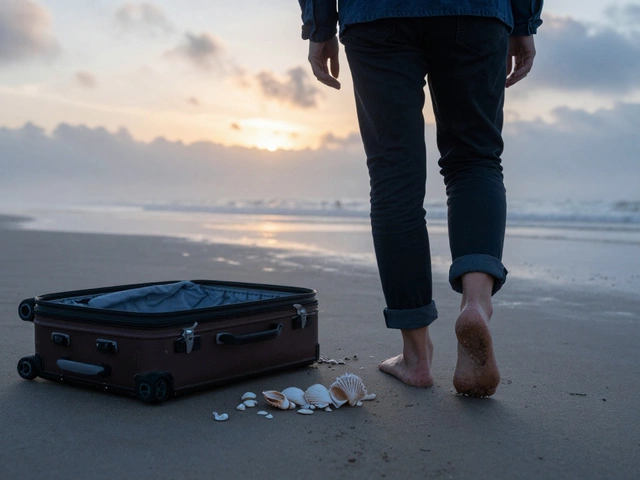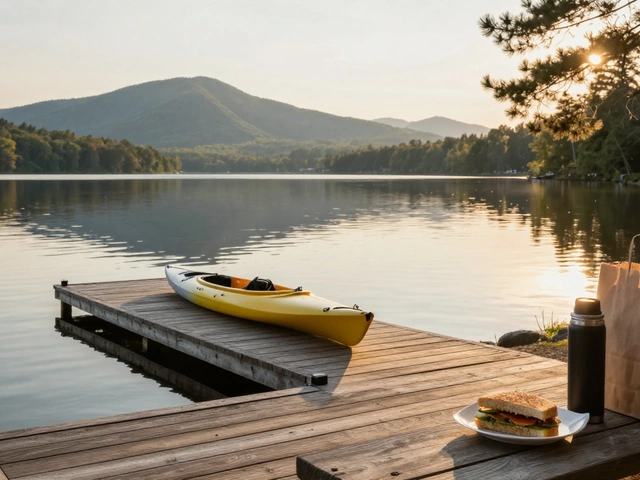English Prepositions: How They Shape Your Travel Stories
When you say you went to Jamaica, stayed at a resort, or walked along the beach, you’re using English prepositions, small words that show relationships between things like location, time, and direction. Also known as prepositional particles, they’re the invisible glue that holds your travel stories together—without them, your sentences sound broken, confused, or just plain odd. You don’t need to memorize a list. You need to hear how they’re used in real situations—like when someone says they booked a tour through a local guide, or that the ferry leaves from the dock at 9 a.m.
Think about the trips you’ve read about here. When someone writes that they found love in a coffee shop in Barcelona, or that a beach is too crowded to enjoy, those tiny words in and too are doing heavy lifting. Preposition usage, the way these words connect actions to places, times, and people is what makes a travel tip feel real. Saying "I flew to Cancún" isn’t just grammar—it’s clarity. Saying "I stayed near the market" tells you exactly how close it was. And if you don’t know whether to say "interested in" or "interested on," you might miss out on a great tip—or sound like you’re guessing.
Many travelers think grammar is for classrooms, not beachside cocktails. But the difference between "We hiked up the hill" and "We hiked down the hill" changes everything. Prepositions in context, how these words shift meaning depending on what they’re attached to are why some people say they went on a guided tour and others say they went for a guided tour—and why one sounds right and the other doesn’t. These aren’t rules you learn from a book. They’re patterns you pick up from listening, reading, and noticing how locals and travel writers actually speak.
You’ll see this in the posts below. Someone writes about saving money on flights, not in flights. They talk about getting lost in a city, not at a city. They mention tipping for good service, not to good service. These aren’t mistakes. They’re habits. And once you start noticing them, your own travel writing—and your ability to understand advice—gets sharper. You’ll stop second-guessing phrases like "What’s the best time to book?" or "Is it cheaper by booking early?" and start using them naturally.
You don’t need to be perfect. But you do need to be understood. And in travel, where every word counts—from asking for directions to reading a resort’s fine print—getting prepositions right means you’ll get the right info, the right deal, and the right experience. Below are real travel stories where these little words made all the difference. Pay attention. You’ll start seeing them everywhere.





